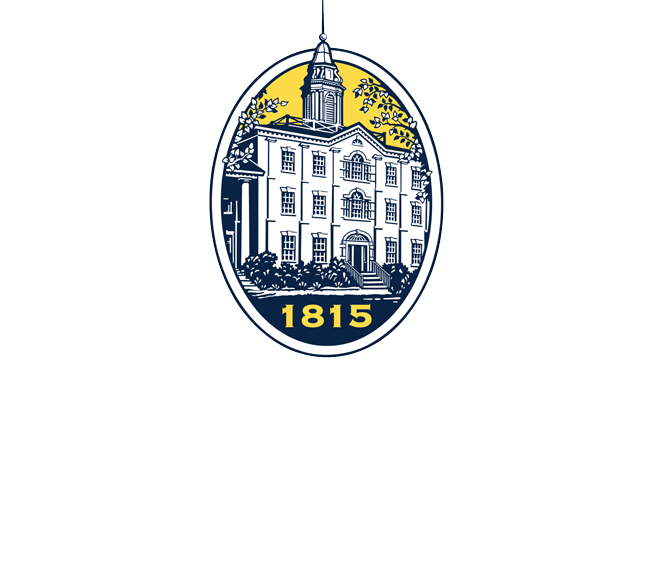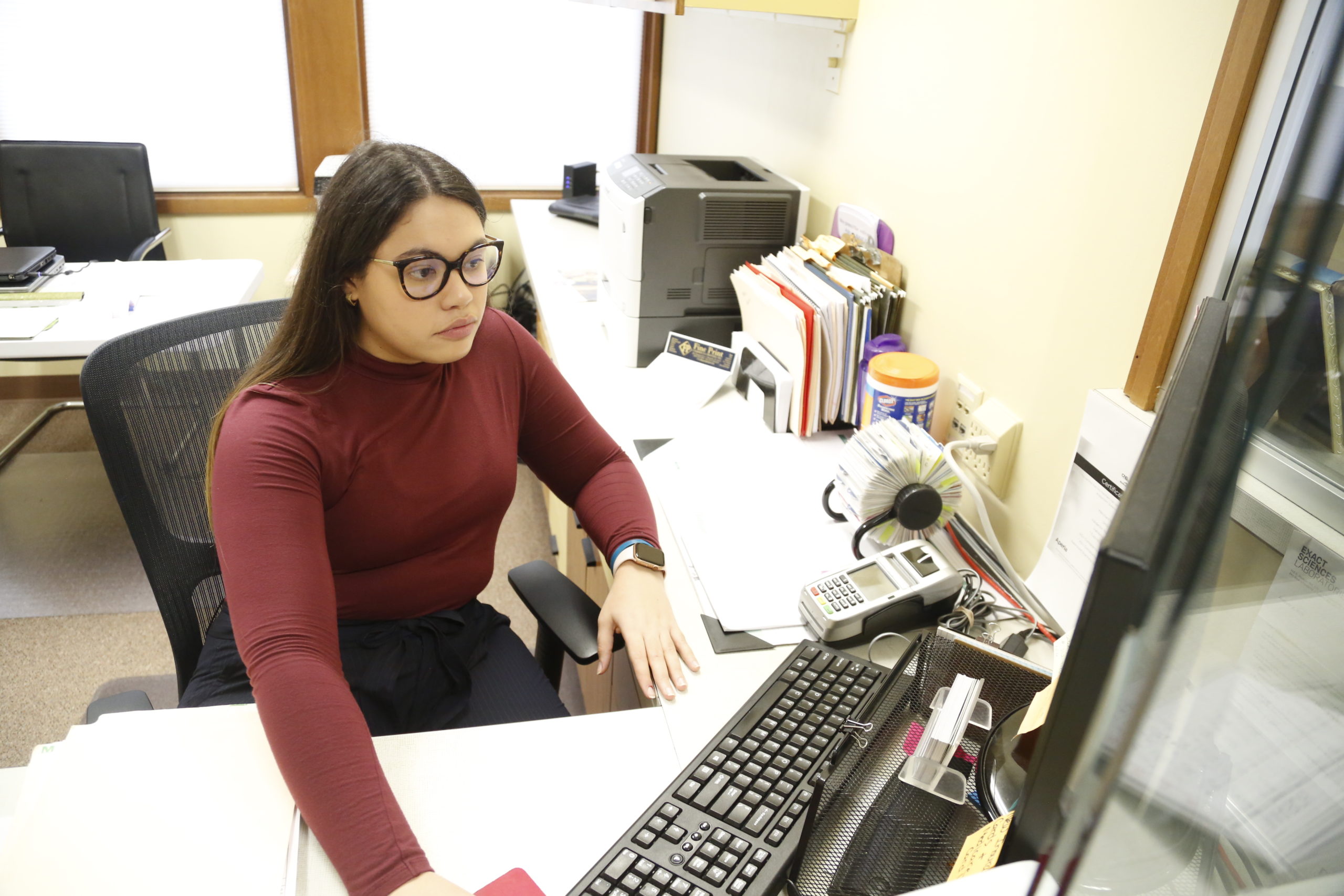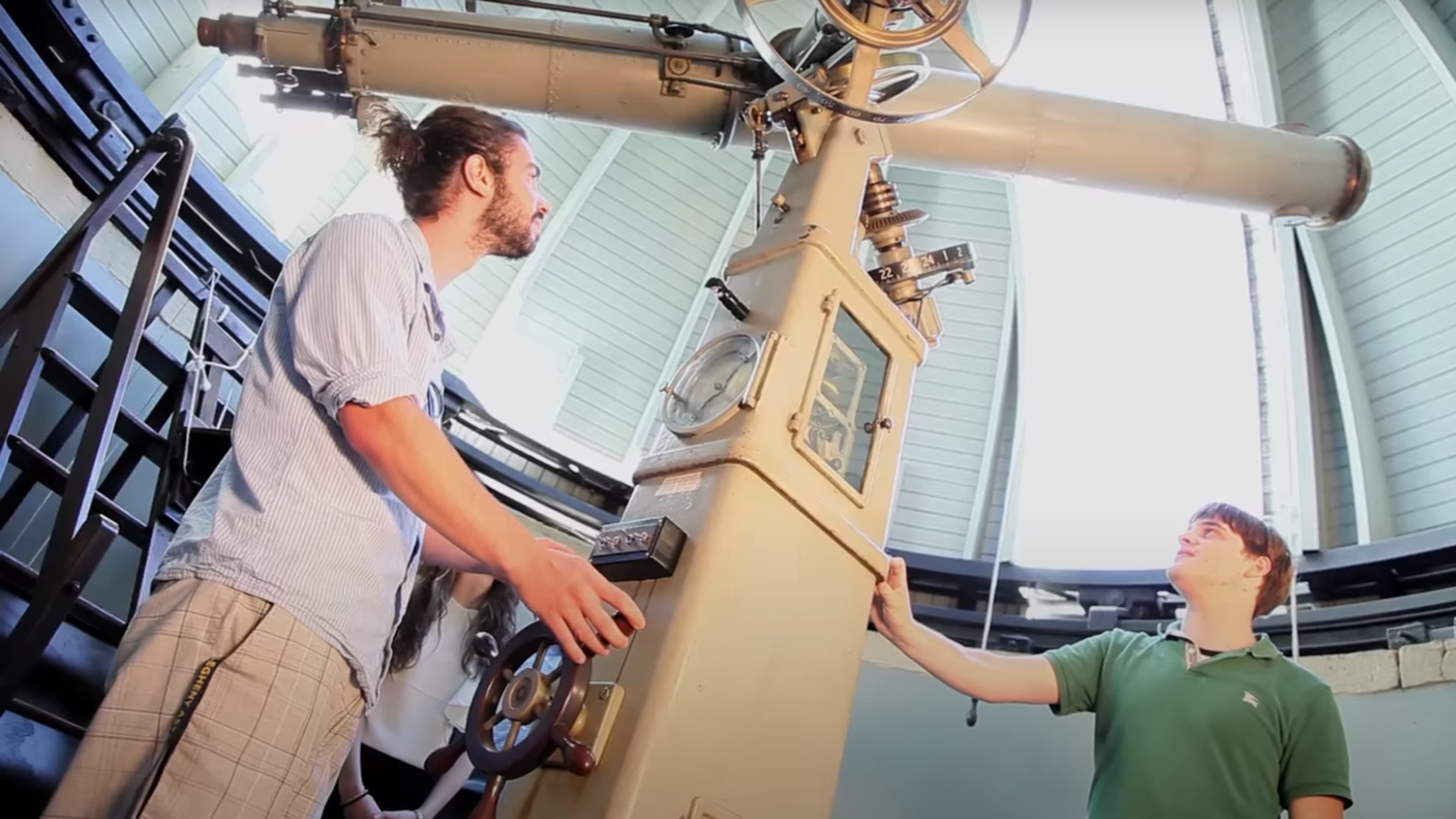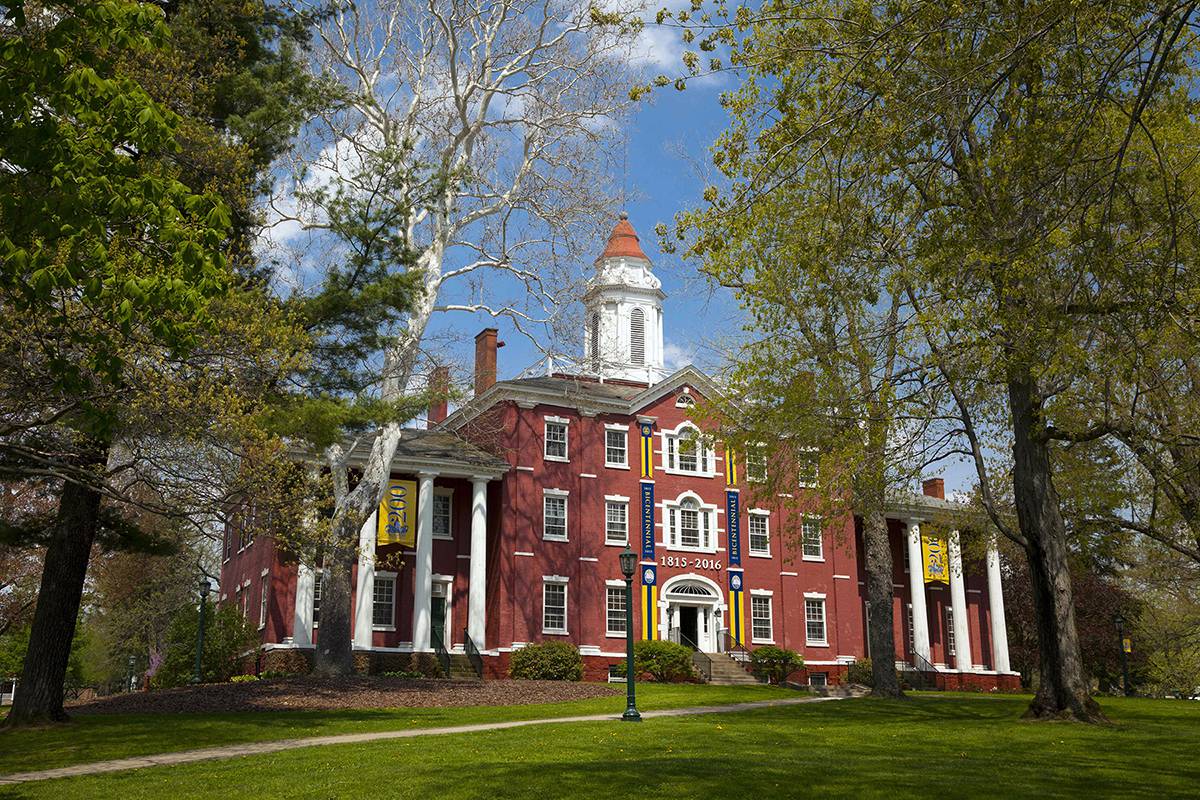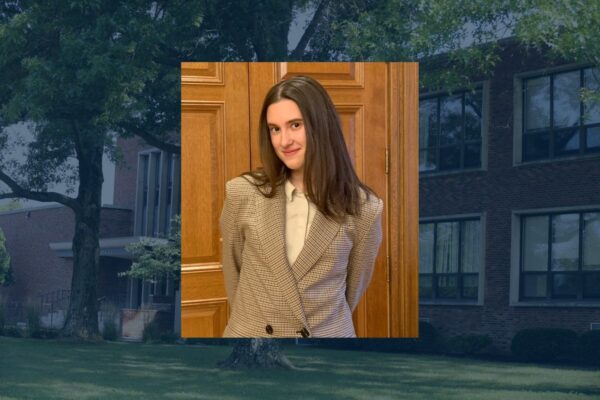Mathematics and Natural Sciences
Mathematics Major and Minor
The Mathematics Department at Allegheny College instills in our students an appreciation of the power, utility, and beauty of mathematics. Our curriculum not only introduces students to major areas of mathematical thought, but also develops critical thinking and communication skills that will enable students to become lifelong learners and problem solvers.

Your Four-Year Journey
Students often combine Mathematics with a major or second minor in Business, Communication & Cultural Studies, Economics, Education Studies, or Music.
Through introductory courses, explore the theory and applications of differential and integral calculus of algebraic, trigonometric, logarithmic, and exponential functions of one real variable. Extend the study to encompass functions of several variables and drawing connections between mathematics or other disciplines like education, physics, chemistry, computer science, or economics.

Transition to more abstract approaches as you learn about the language and techniques of mathematical proof in Foundations of Mathematics. The study of calculus continues, covering vector calculus and the integration of functions of several variables. Don't forget to explore the theory of matrices in Linear Algebra.
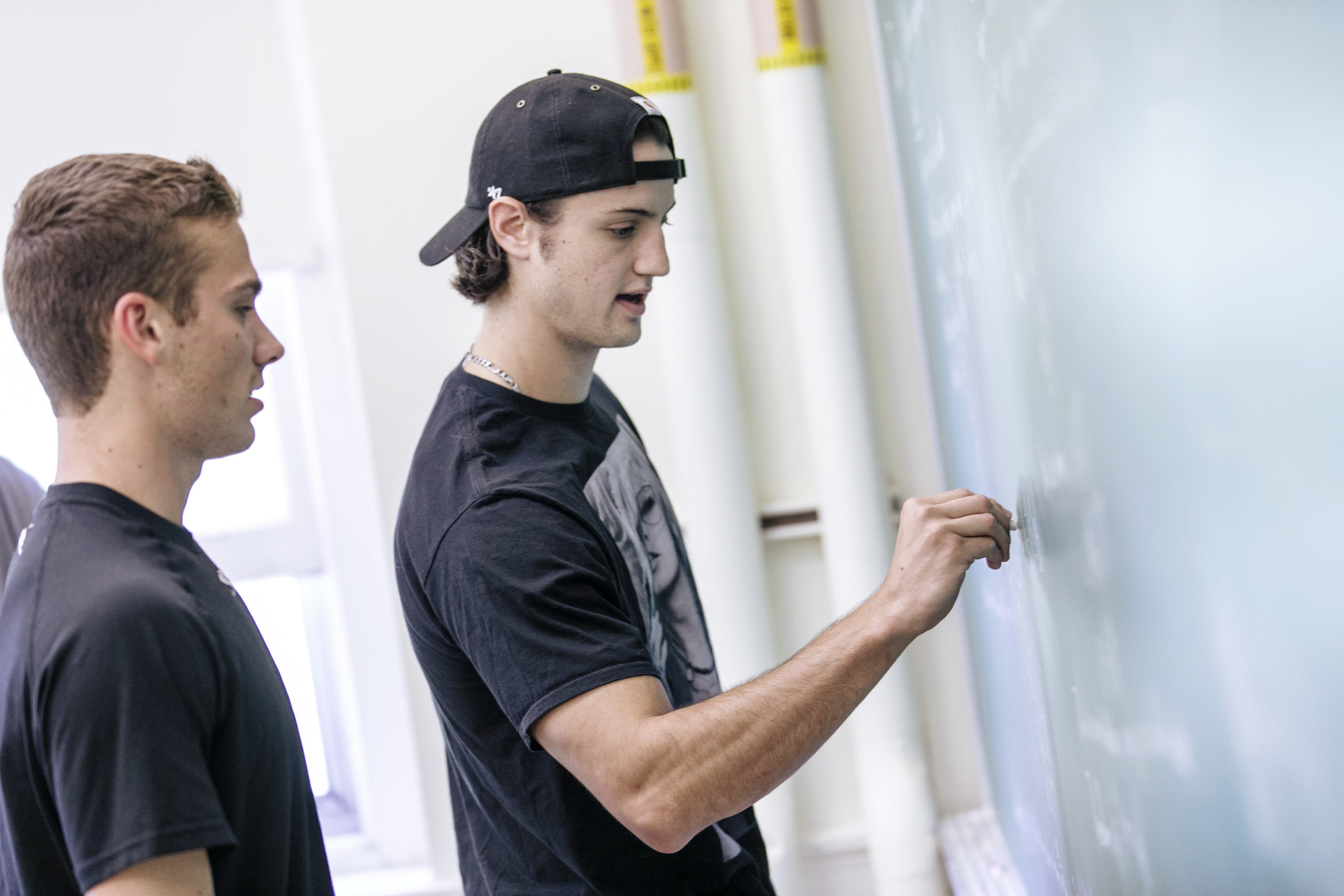
Strengthen your skills needed for the Senior Comp in Junior Seminar by reading and discussing research articles. LaTeX, the typesetting system used by professional mathematicians will be taught.
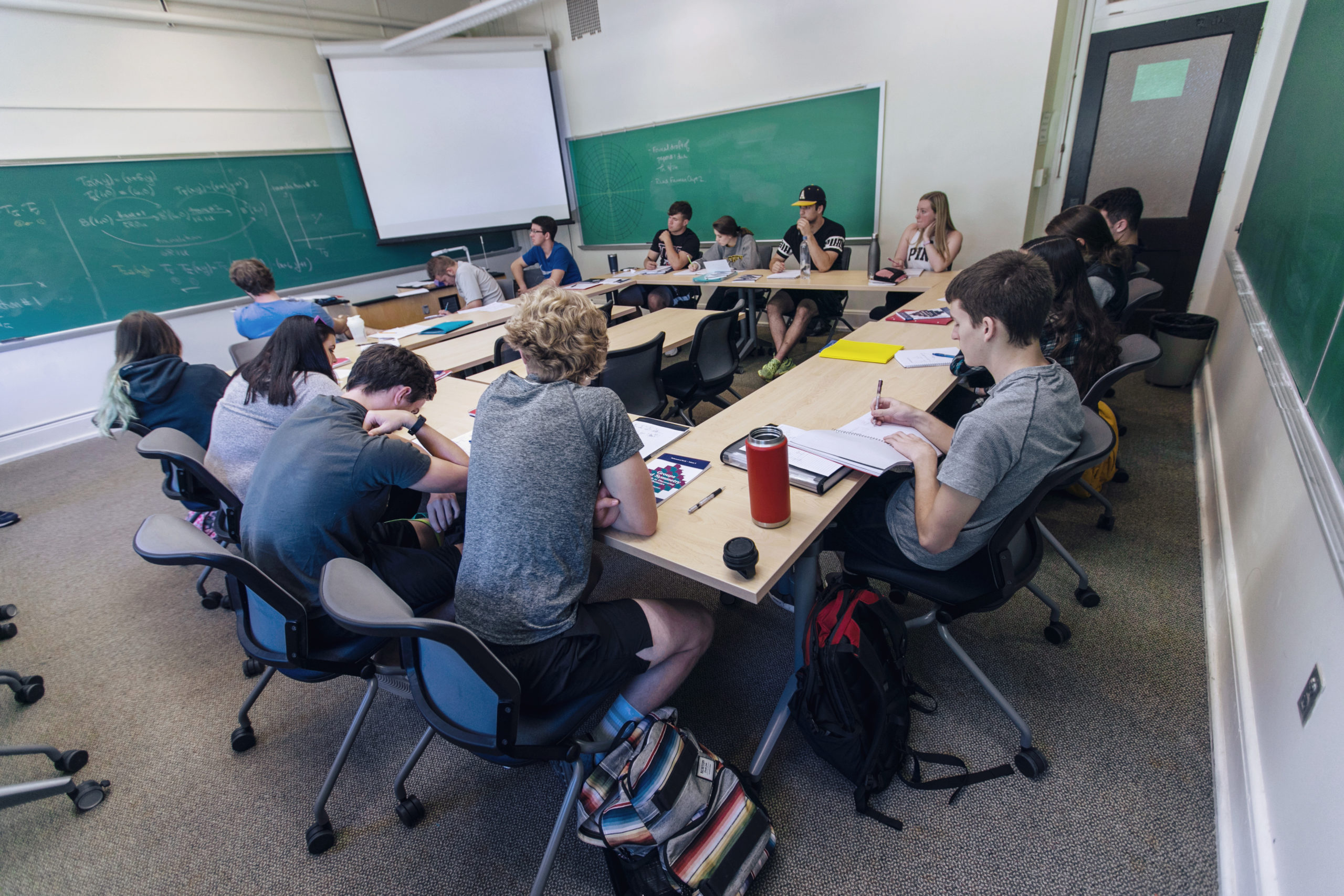
Complete a semester-long Senior Comp. It may involve proving original theorems, verifying nontrivial details in published proofs, devising original examples to illustrate concepts, or describing the results of an independent study project.

Career Outcomes
93
of Allegheny graduates are employed, in grad school, or in full-time service within six months.
80+
Acceptance rate to graduate and professional school for Allegheny students
Alumni Careers — A Sampling
Class of 2021, Mathematics Major/Economics Minor
“ [The department] is unique because the small class sizes promote classroom participation and collaboration. … The professors challenge us to think critically about problems and ideas and encourage mistakes because they lead to a much deeper level of understanding. ”
